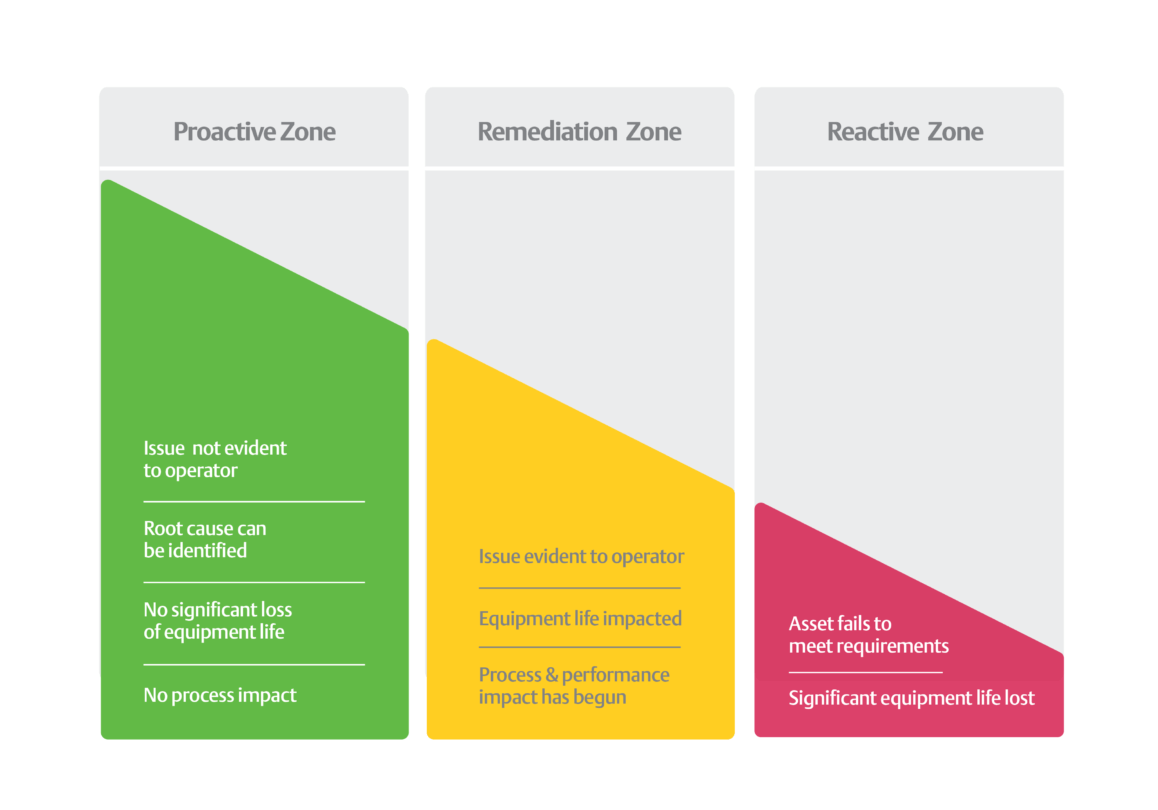Success must be supported so it can be sustained. As Chris Jensen and H.P. Slater discuss in an article in the July issue of Process Heating, this line of thinking is no less true in predictive maintenance (PdM) than in anything else.
Some companies are impressed with the initial savings that PdM programs generate through improved production and lower maintenance costs, but
New PdM programs typically identify many issues. As these issues are remedied, the resulting improvements allow the reliability team to claim significant cost avoidance. As the program matures, however, the number of new issues discovered is reduced due to the assets operating in a healthier state. Defects have been eliminated, operational problems have been rectified and equipment “infant-mortality” issues have been addressed.
So, when problems are reduced and improvements are realized, how do companies often respond?
This type of reduction can result in staffing cutbacks, the elimination of program assets and extensions of inspection frequencies. The results of these reductions may not be readily evident to management; they typically will only notice the expense reductions. As time goes on, however, when asset failures result in adverse effects on operations, management may decide the PdM program is ineffective. The thinking may go, “We have a PdM program, but it did not notify us of an issue on a critical asset, and we had the failure anyway” — all while forgetting the reductions in PdM investment.
Some of the change in management’s mindset is unavoidable, so those responsible for the PdM program must be ready to evolve to the next stage while the company is still enjoying initial success. The program must become more driven by condition monitoring, using a higher degree of automation to measure asset condition and performance.

In the article the authors cite an example of a pump that seems to be performing adequately, but really isn’t up to par. The right condition monitoring sensors and data analysis systems can report the deficiency.
A condition-monitoring program focuses on knowing the status and health of all assets and, ultimately, system performance and health. Paying attention to asset health allows reliability teams to ascertain, as early in the detection process as possible, if an item of concern is developing. In the case of the underperforming pump, a condition-monitoring system will alert plant personnel that the pump is operating but with degraded performance.
The article goes into more depth as to how to justify and plan the first steps of this evolution, along with the kinds of successes it can generate. Ultimately, the goal is to build a program able to measure overall plant health, with an emphasis identifying issue early on before they become apparent to operators, and long before they cause loss of equipment life or threatens production.
Emerson’s condition monitoring solutions are tuned to your applications and the criticality of your machines, and they deliver data you can count on for accurate diagnosis of machinery condition. Here’s a video on condition monitoring for production assets to help guide your thinking.
Visit the Condition Monitoring pages at Emerson.com. You can also connect and interact with other engineers in the Oil & Gas, Chemical, and Life Science Groups at the Emerson Exchange 365 community.





